Swiss in Algeria: decolonisation in a country without colonies
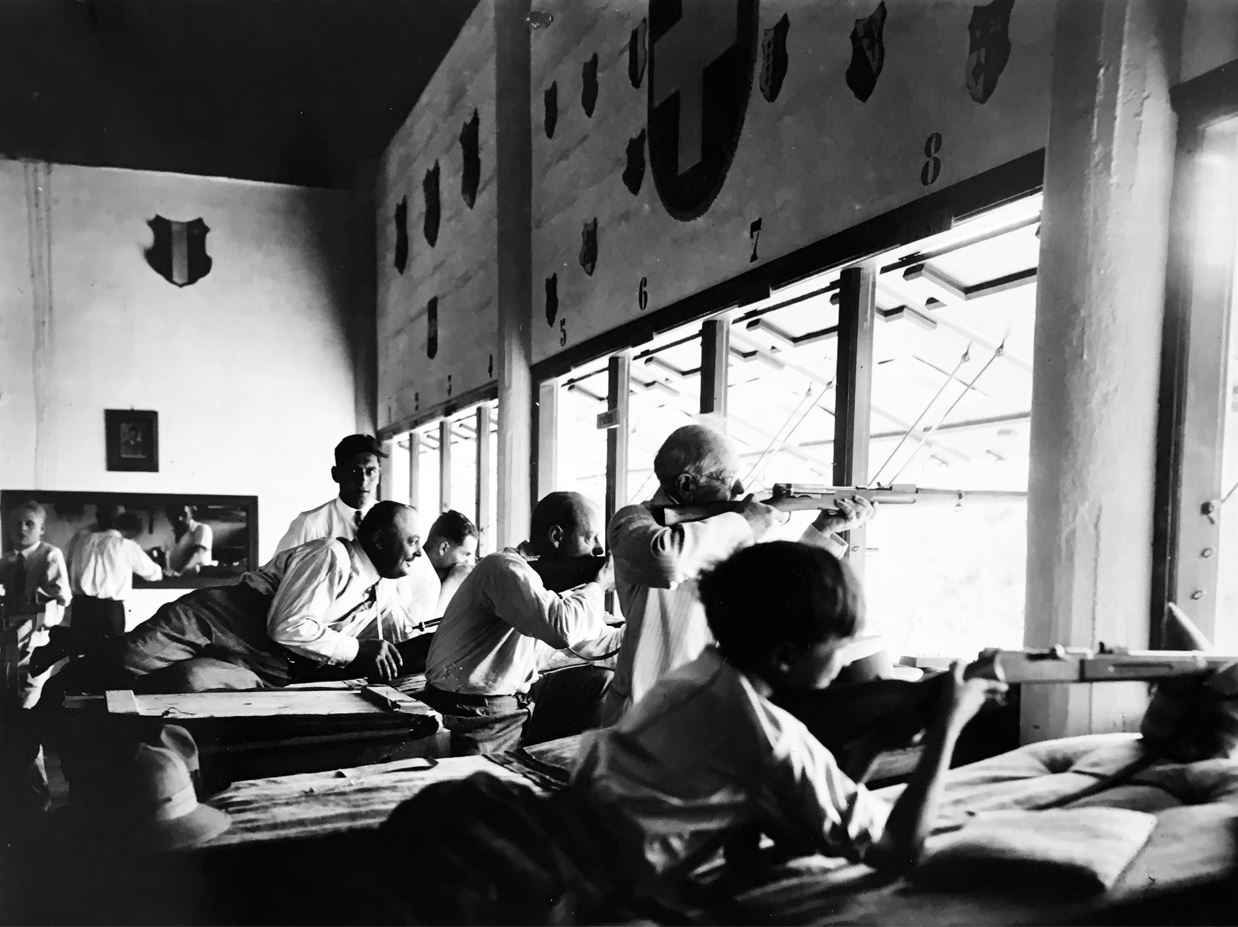
Sixty years ago Algeria gained independence from France. For Swiss residents of the North African country it was the end of an era. Their story is part of Switzerland’s ambiguous relationship with colonialism.
“Looking out over the fertile plain of the Sahel, I was dumbfounded to see suddenly, in the vast vineyards which cover hectares and hectares of land, a sign that said: Zurich, 10km,” a reporter wrote in early 1942 for the daily newspaper Gazette de Lausanne.
At the time, there were about 2,000 Swiss living in Algeria. It was one of the biggest colonies of Swiss overseas, although not as large as the one in Morocco. Its sentimental links with Switzerland were still strong, despite it being well established in the French territory.
The first wave of Swiss emigration to Algeria goes back to the mid-19th century, not long after the French takeover. France encouraged immigration from Switzerland and Germany, to counterbalance the spontaneous influx of people from Italy, Spain and Malta.
“One could say there were two types of Swiss emigration to Algeria,” says historian Marisa Fois, author of a studyExternal link on the Swiss population in the country. One group were people who left their homeland to escape poverty. That was the case with many of the emigrants from cantons Valais and Ticino. On the other hand, there were Swiss entrepreneurs who invested private capital in Algeria. The most noted case of this was the colony at Sétif. Here 20,000 hectares of land had been granted by Napoleon III to a Geneva company. One of the founders of this company was none other than Henry Dunant, the father of the Red Cross.
Colonists without an empire
The Swiss government had no colonial ambitions. Yet the case of Algeria shows the extent to which Switzerland was able to fit in with colonial regimes set up by other countries (in this case France) either through business initiatives or through the actual presence of Swiss emigrants. Fois calls this a “para-colonial approach”.
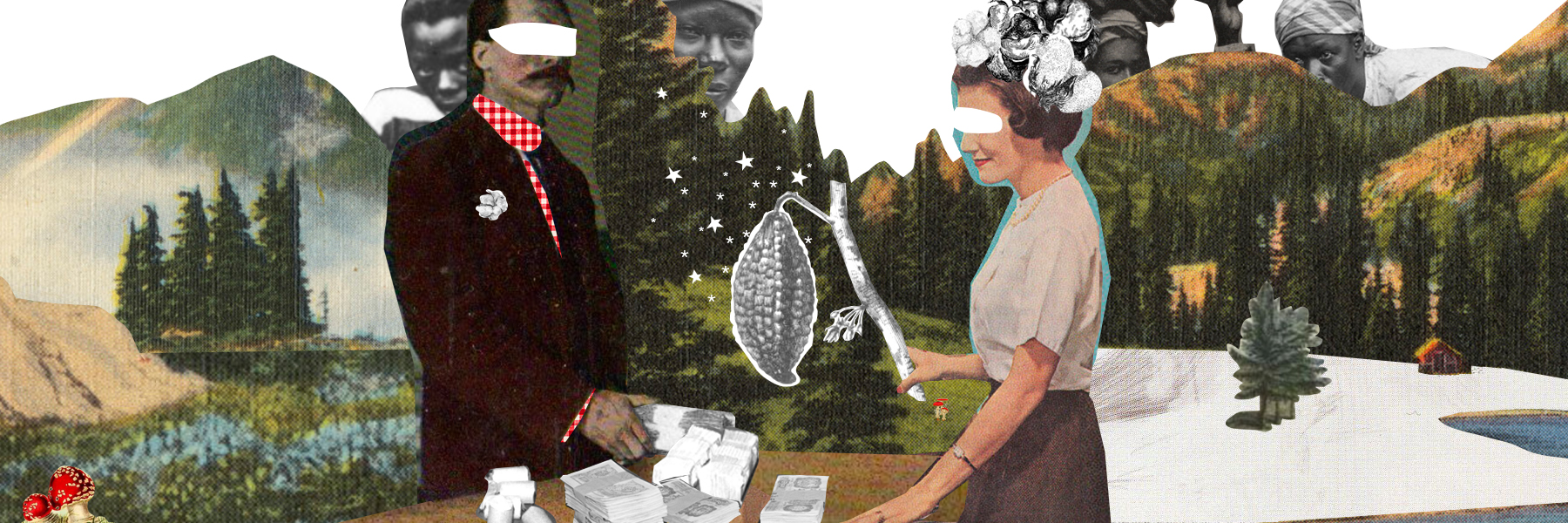
More
Switzerland and its colonists
Part of this approach was the growing emphasis in the early 20th century on Swiss communities abroad – their role as ambassadors for Swiss values and springboards for Swiss commercial expansion.
These communities were able to maintain their internal cohesion with the sense of belonging to an international network of Swiss living abroad, known as the “Fifth Switzerland”. This term entered use in 1938, following the recognition of Romansh as the fourth national language. The sense of identity helped the Swiss Abroad get through the difficult period of the Second World War.
“Closely connected to the Swiss consulate in Algiers, the Swiss who live in the three large French departments of North Africa show their patriotic spirit,” reports the article from the Gazette de Lausanne.
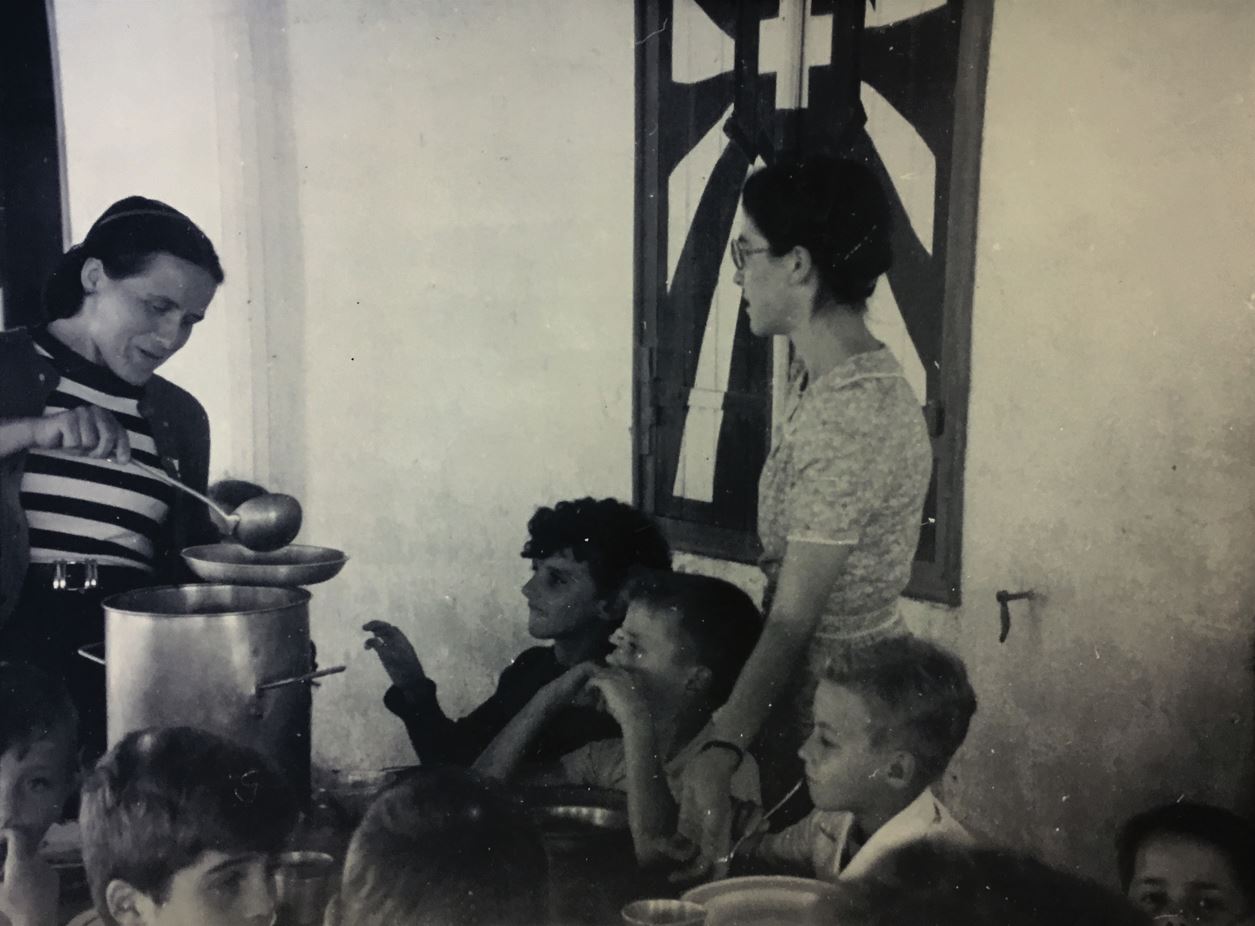
From colonists to ‘good offices’
The end of the Second World War was followed by a resurgence of the Algerian national independence movement. The Swiss community initially stayed on the sidelines. “Initially this was thought to be a passing phase which would not seriously affect the life of the colony,” Fois says.
However, as the conflict gathered momentum, tension and fear grew. There was an increase in applications to reclaim Swiss citizenship, and the authorities in Switzerland were faced with the issue of repatriating people.
In the meantime, Bern had got involved with the conflict in Algeria in other ways. Swiss diplomacy took a leading role in the negotiations for a cessation of hostilities which led to the signing of the Evian accords between France and the Algerian provisional government in March 1962. This was a step on the road to Algerian independence, which was proclaimed a few months later on July 3.
Switzerland also became a safe haven for Algerian refugees. What’s more, it seems the decision to take up arms against the French colonial power was made by leaders of the Algerian National Liberation Front (FLN) in 1954 in Bern while the Swiss capital was hosting the football World Cup. While the negotiations for a ceasefire were being held, the Algerian delegation lived in Switzerland.
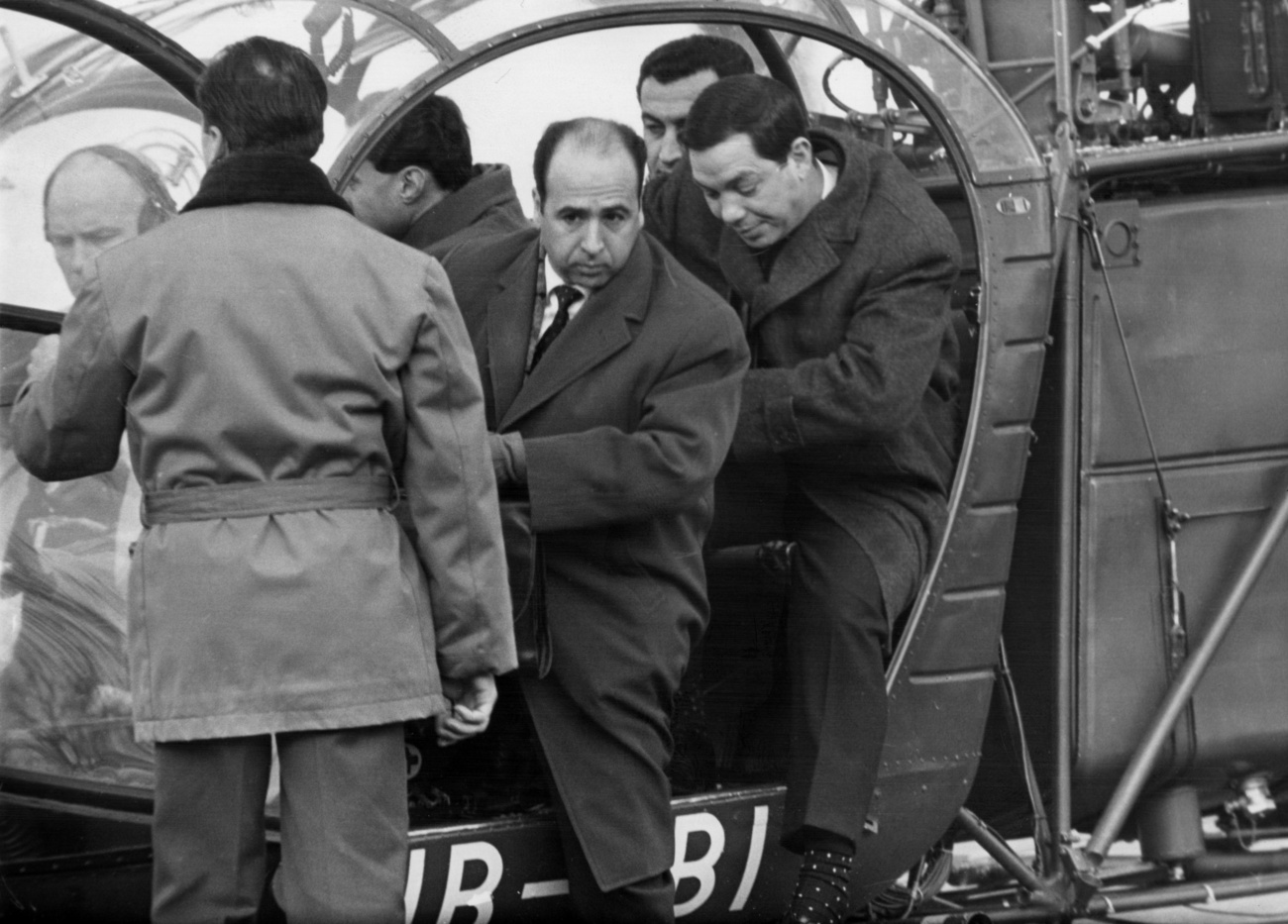
More
Diplomatic back channels: Switzerland helps end the Algerian War
Hopes disappointed
The asylum provided to Algerian refugees and the efforts of the Swiss government to establish good relations with the Algerian provisional government were intended to protect the interests of Swiss in Algeria.
However, the Swiss in Algeria were sceptical of Bern’s neutral position in the conflict. They found that the role of Swiss diplomats in negotiations exposed the Swiss community to threats from the Organisation armée secrète (OAS), the clandestine paramilitary force that opposed independence.
The Swiss community was in fact hard hit by the war of independence. In 1961 alone it suffered 14 deaths and ten kidnappings.
“The policy of good offices helped establish relations with the new independent state, but it did not meet the expectations of the Swiss community in Algeria,” Fois says.
Swiss exodus from Algeria
Beginning in 1956, departures from Algeria exceeded arrivals, and the issue of repatriating Swiss citizens became a priority. In 1958 a solidarity fund for the Swiss Abroad was created with the support of the federal government.
The signing of the Evian accords, the widespread civil disorder following the proclamation of independence, and the nationalisation of property belonging to foreign citizens in 1963 all led to the final exodus of Europeans from the country.
For its part, Switzerland offered assisted repatriation. Yet anyone leaving Algeria had to reckon with losing their property. Bern tried to arrange for repatriation of personal goods, but when it came to compensation for property that was being nationalised, Swiss diplomatic efforts had little success.
Attempts to resolve this issue in the framework of a trade agreement with Algeria got nowhere. In fact, the issue seemed likely to poison relations between the two countries.
Accordingly, Bern took a pragmatic approach. With Algeria, it was necessary “to be patient, tolerant and generous, as with a wayward child”, wrote ambassador Olivier Long, who had been the principal Swiss negotiator for the Evian accords, in a memorandumExternal link in 1968.
Strangers in their own country
For the Swiss returning from Algeria, the situation was anything but gratifying. Reintegration into Swiss society was more difficult than they expected, and many had the feeling of being strangers in their own country. The idealised picture of the Swiss Abroad returning home shattered on the rocks of reality.
In 1967 a group of them started an “Association of Swiss dispossessed in Algeria and other overseas countries”, in an attempt to secure reparations for what they had lost. Aware that there was little chance of success in negotiating with Algeria, this lobby group requested the Swiss government take responsibility for indemnification. Bern refused, for it feared it might weaken its negotiating position and create a precedent that would encourage other groups.
This controversy went on for decades. The plight of the Swiss from Algeria was recognised by the Organisation of the Swiss Abroad, and the issue was raised several times at their annual meetings. The lobby group allied itself with similar associations of people driven out of former European colonies. This made Bern’s position all the more awkward.
Repeated attempts by Switzerland to get compensation from Algeria or France got nowhere. In 1989 the government finally renounced all demands on Algeria. In 2000 the Organisation of the Swiss Abroad turned the page on the Algerian issue.
This story is typical of the troubles experienced by former colonial residents in dealing with the process of decolonisation. In this, the Swiss of Algeria were no different from other Europeans repatriated from their former colonies. The difference, according to Fois, is that Switzerland went through a “decolonisation without colonies”.
Translated from Italian by Terence MacNamee/gw

In compliance with the JTI standards
More: SWI swissinfo.ch certified by the Journalism Trust Initiative








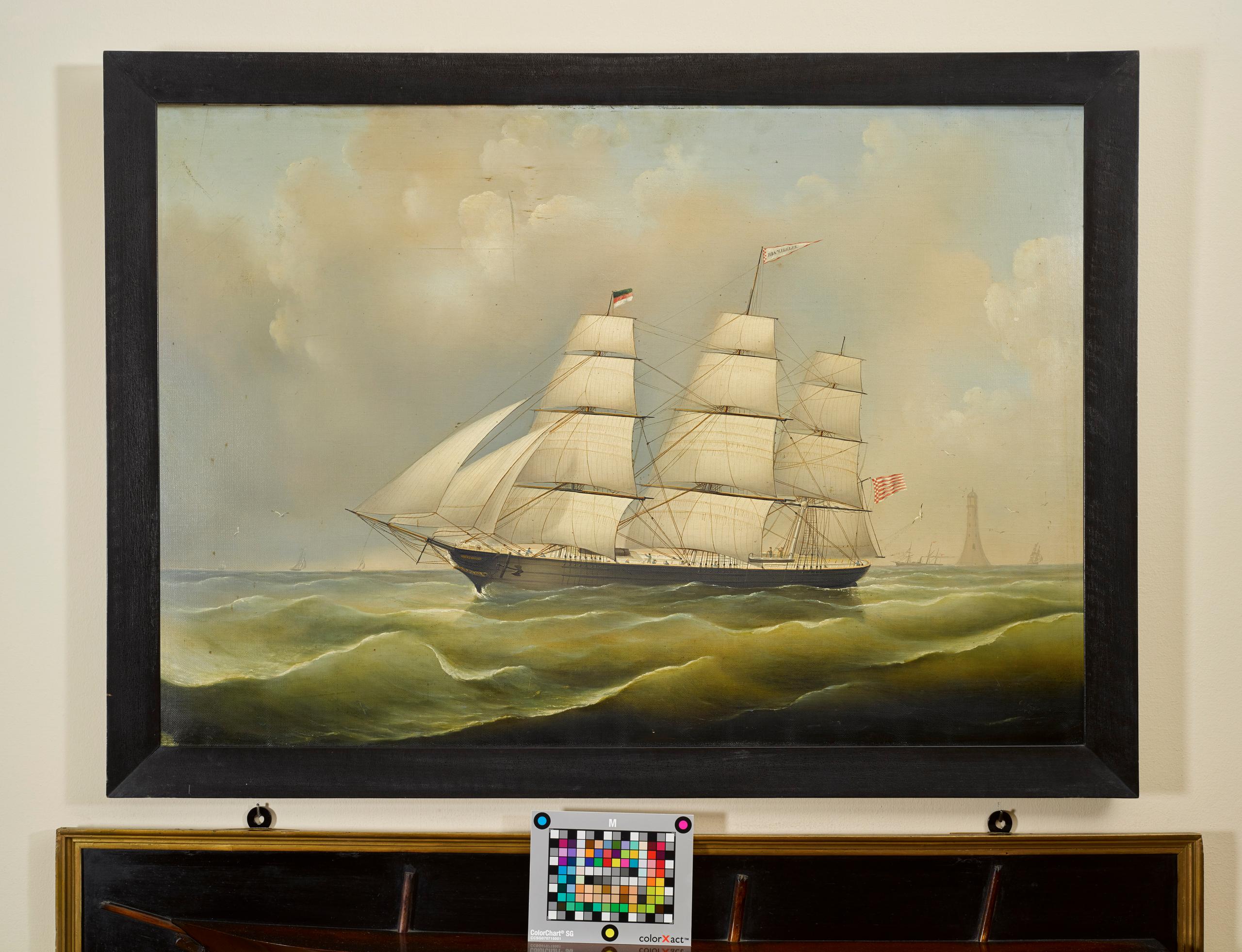


You can find an overview of ongoing debates with our journalists here . Please join us!
If you want to start a conversation about a topic raised in this article or want to report factual errors, email us at english@swissinfo.ch.